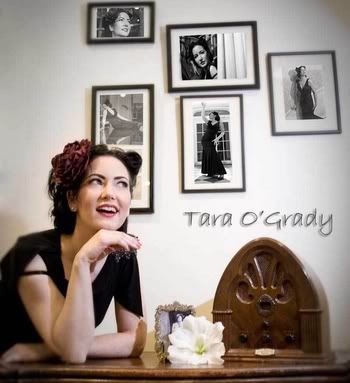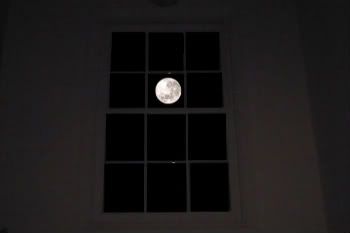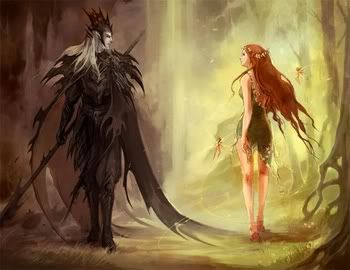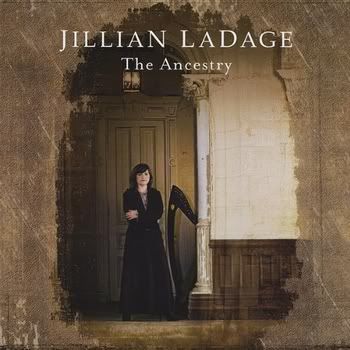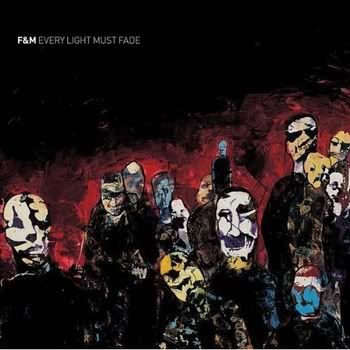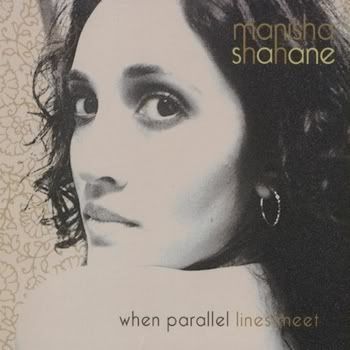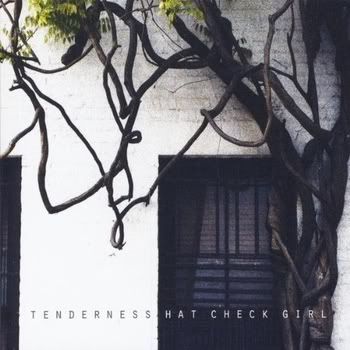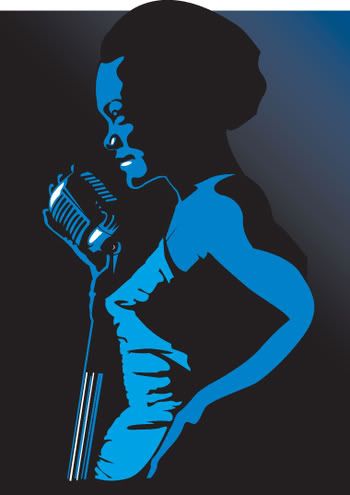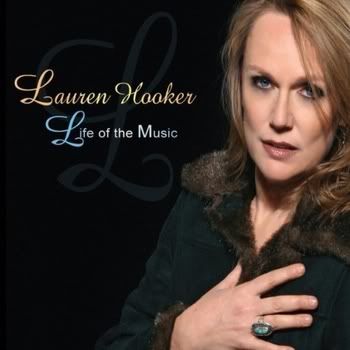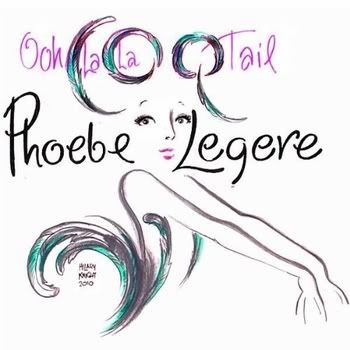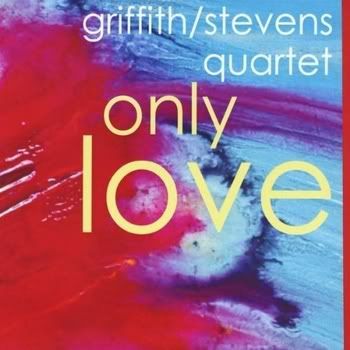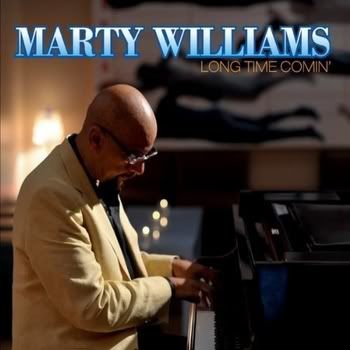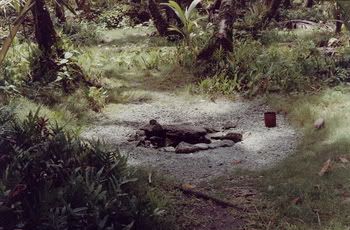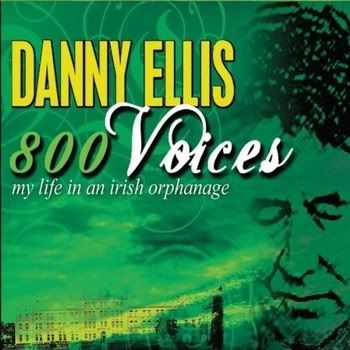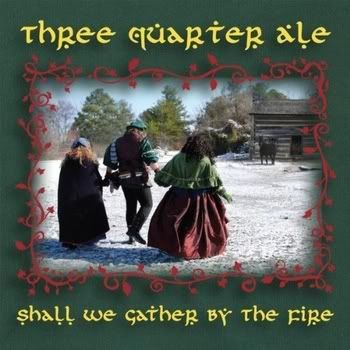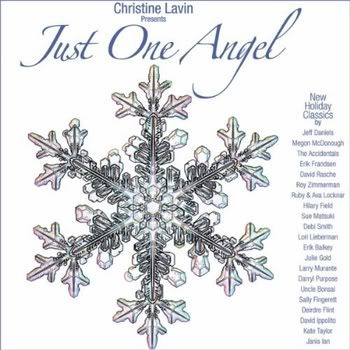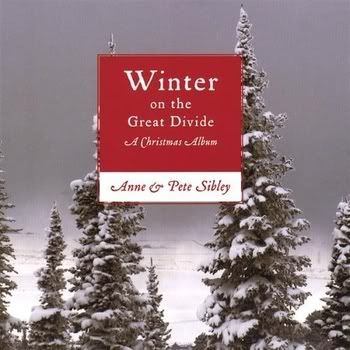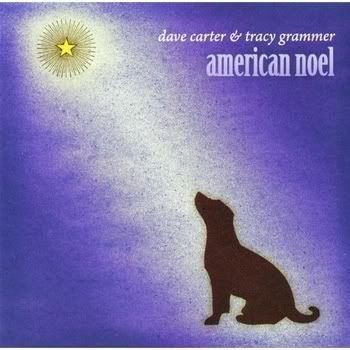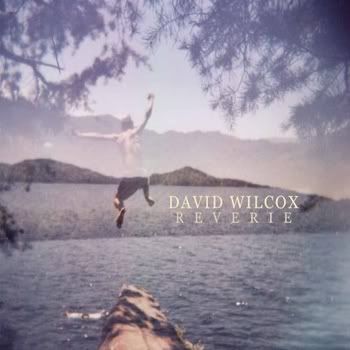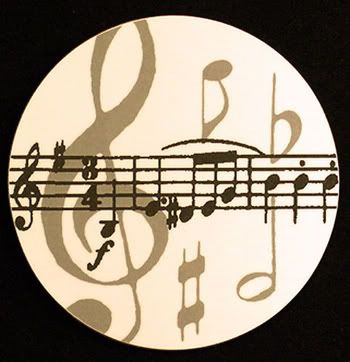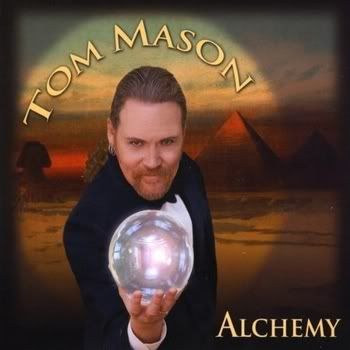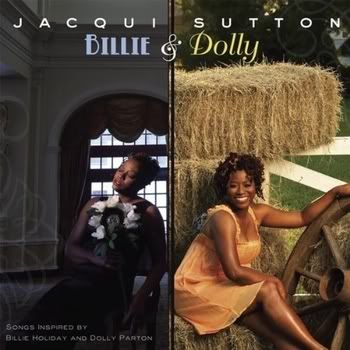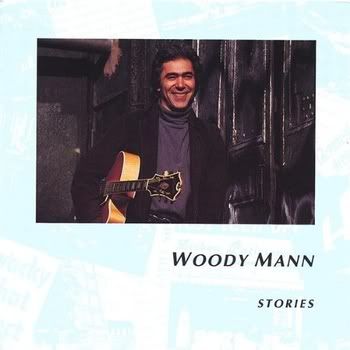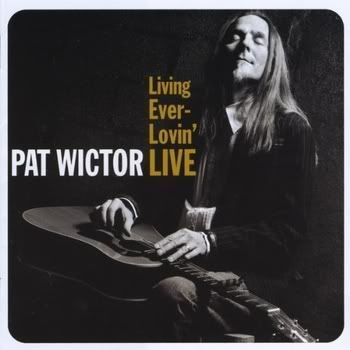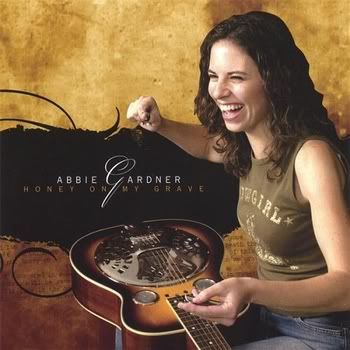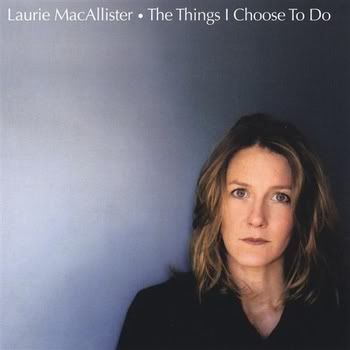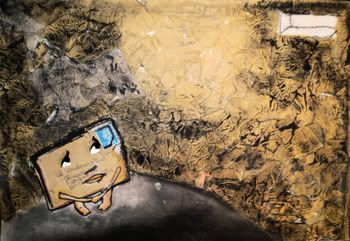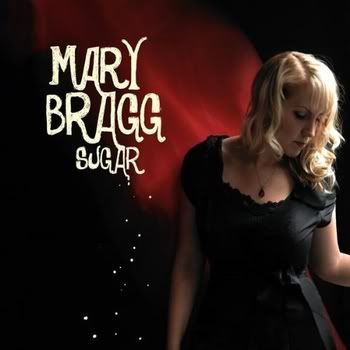
[purchase]
I can’t think of a better way to close out the year than to conclude my coverage of the artists I heard at the Falcon Ridge Folk Festival. I had reviewed Pesky J Nixon the week before the festival, but I first saw them perform the first day I got there. Not long into their set, they invited Brittany Ann to join them on stage. She strummed her guitar and she sang. It was her voice that impressed me. I don’t know if I even heard her do any of her own songs, but she could really sing. I have now listened to her album several times for this review, and I still feel that way. But now I can also comment on her playing, arranging, and writing.
Brittany Ann sings in a rich alto voice. She has a bit of vibrato in her voice, and she sometimes adds syllables to words by adding notes. These are some of the signs of over singing in some artists, but not here. Yes, Brittany Ann wrings extra emotion out of her words this way, but she makes it sound true. She is a passionate woman, singing a set of songs of longing, but there is not a false note anywhere. Her only instrument is the acoustic guitar. She plays it as the lead instrument, and she has a way of picking single notes that causes the notes to cascade like the rippling notes of a harp. There is a Celtic harp playing with her on four songs, and the dialog of the two instruments is one of the great pleasures of this album. Elsewhere, a cello lends a haunting quality to October, and the percussion parts on some songs give the album as a whole a rich and varied texture.
The album opens with the song Astounding. Brittany Ann promises to dare to be her own person, and sings, “If somebody’s lived it before, then I’m doing it wrong.” I could go on about how I felt that way when I was younger, but I don’t need to. Much more briefly and eloquently than I could, Brittany Ann describes it perfectly. The title track comes next; here is a picture of a woman who loves without being loved back, a typical enough situation in song. She sums up her situation in the chorus. But the last verse takes the song someplace new; here, the narrator decides to keep her feelings inside as much as possible, and accept the friendship that does not deepen. The chorus does not return; rather, the song is left dangling in this new position. It makes the whole thing work beautifully. But the next song is October, and here is where Brittany Ann really started to knock me out with her writing. She takes the beauty of the leaves changing color and the fact that they will all be off the trees by the end of the month, and uses it as a metaphor for the final end of a summer romance. She uses the metaphor with light touch, and it is all the more powerful for it. This is the level of intelligence and sensitivity in the songs on this album. Most are in the first person, and tell of relationship woes. There is more wonderful writing throughout. And then, Brittany Ann starts to step back a bit. Sister Blue Eyes, is one of the best examples of the interplay between the guitar and harp. It is also a nurturing song, with words of encouragement to a sister who has been unlucky in love. Song For Freedom follows, and it is a folk anthem and a plea for love in the world. This one will get stuck in your head if you listen to it too often, which is exactly what a song like this should do. Then comes Our Way, where love finally works out. This one lets the listener finish the album on a high note. There is one more song however. The only cover on the album is Don’t Know How I Got Here by Taylor Mitchell. This is the kind of enigmatic song that can spur endless discussion. I will leave the interpretation to the listener, and just say that Brittany Ann delivers the song in a way that preserves the flow of the album.
So I can recommend this album highly. And here is the scary thought of the day: as good as this album is, Brittany Ann is only 19, and she is just going to get better. I’ll be looking forward to it.
Brittany Ann: October
Brittany Ann: Sister Blue Eyes





